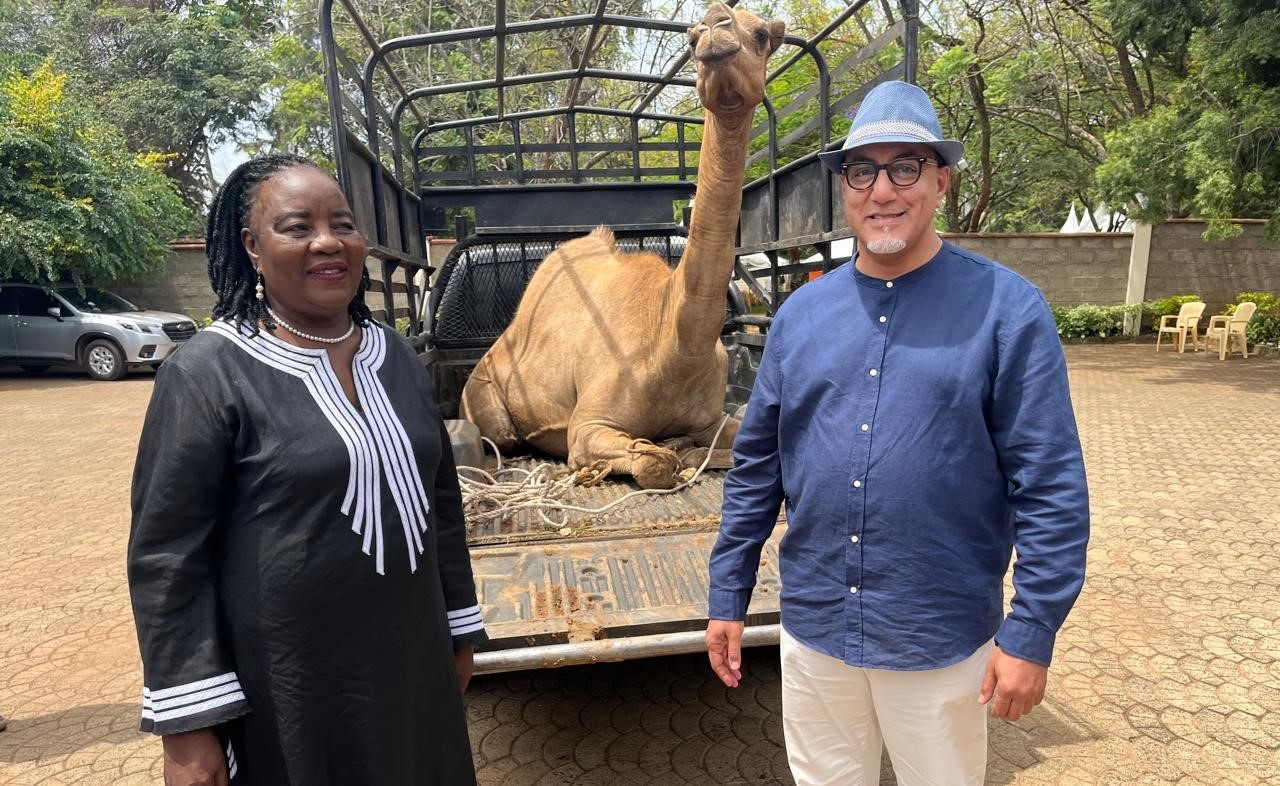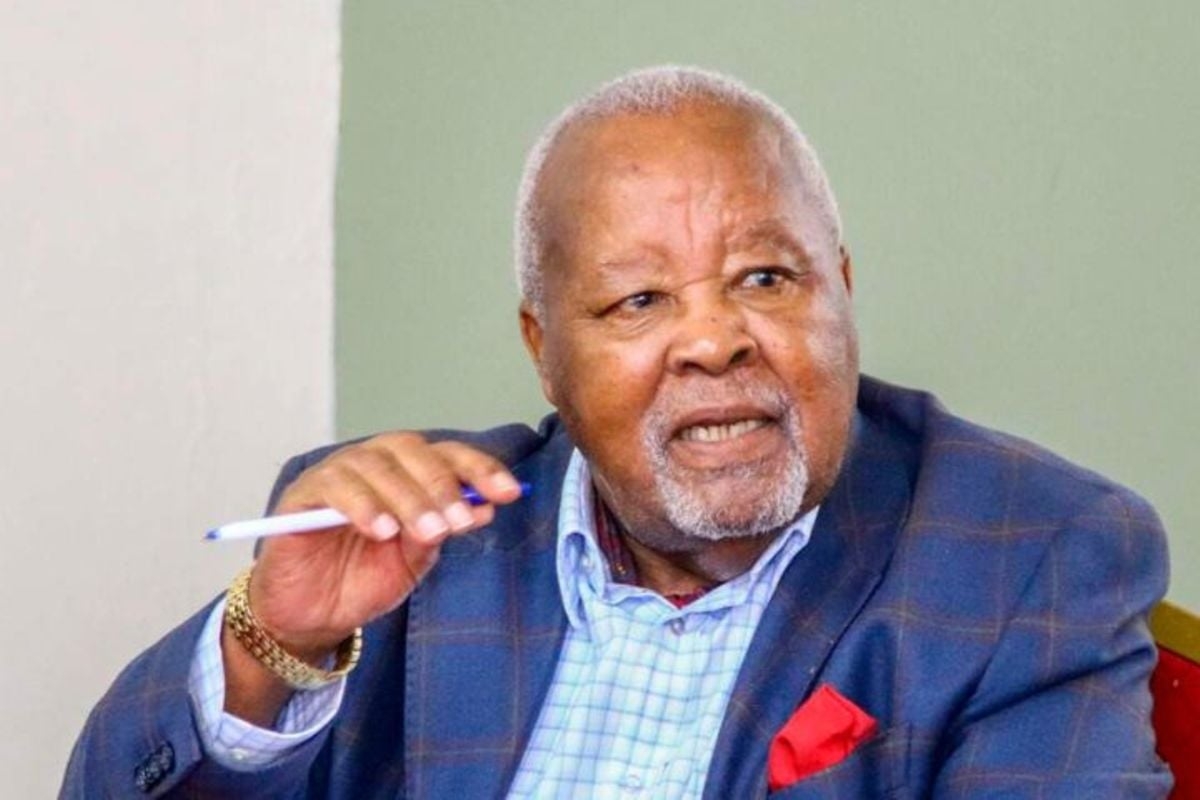The Media Council has called for dialogue with the government to reach common ground on the dissemination of critical national issues without impending on each other’s independence.
In a statement on Tuesday, CEO David Omwoyo said MCK is concerned by accusations regarding especially the coverage of the ongoing demonstrations.
He said the apparent tension between the government and the media started as a perception about biased media coverage of the 2022 General Election.
“It is worth noting that the political class, who were in opposing camps during the elections have found many reasons to work together, while media and government haven't found a common ground yet. The media is still looked at as an opponent,” he said.
Omwoyo said relations have further been strained partly due to the media receiving conflicting messaging and too many viewpoints from the government.
He said the media occasionally finds itself in a difficult position whenever it reaches out to government officials for clarification or general access to information.
“Media has been accused of bias in the guests invited to broadcast programmes and framing of national conversations, while on the other hand the media claim lack of credible government voices and consistent messaging by officials when given a chance,” he said.
Omwoyo said the media is guided by the Code of Conduct for the Practice of Journalism in Kenya particularly in the coverage of protests which demands reasonable delays in cases of active conflict.
Images of protesters looting and destroying property, for instance, are not to be broadcast as it amounts to glorifying violence and encouraging lawlessness.
He said beyond this Code of Conduct, media houses are guided by their respective in-house editorial policies which abhor instantaneous live broadcasting of violence and active combat.
Some journalists have planned to hold protests on Wednesday to condemn police harassment and brutality against them.
The MCK boss said ethical journalism practice demands the media sieve through demands laid down by protesters as opposed to outrightly reporting without considering their practicality and consequences.
“All media houses and outlets, both online and offline, are therefore called upon to strictly apply the provisions of the Code,” he said.
Omwoyo said the government is on the other hand expected to stop police from harassing journalists while out in the field covering conflicts to avert escalating conflict.
He said this will be aided by the government adopting a single line of communication to avoid conflicting messaging.
“There is a need for an urgent media and government dialogue on engagement on national public interest issues without compromising the independence of the other. This has happened before in this country,” Omwoyo said.



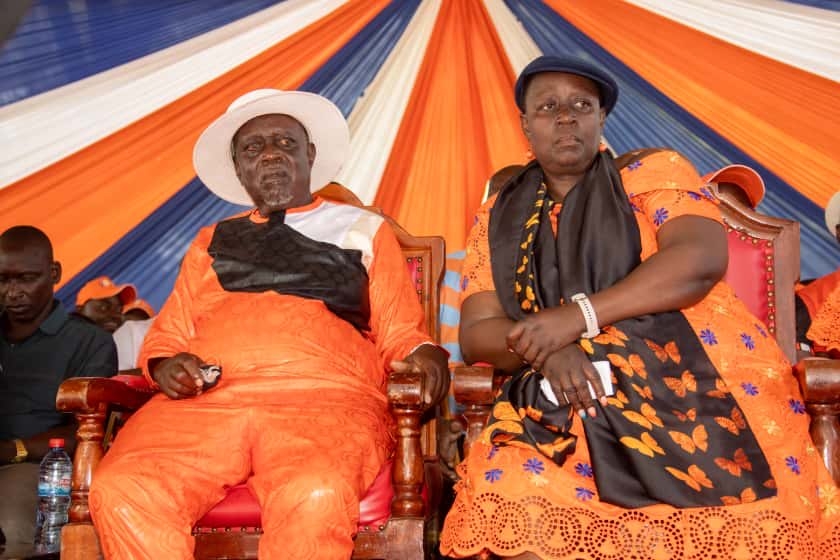
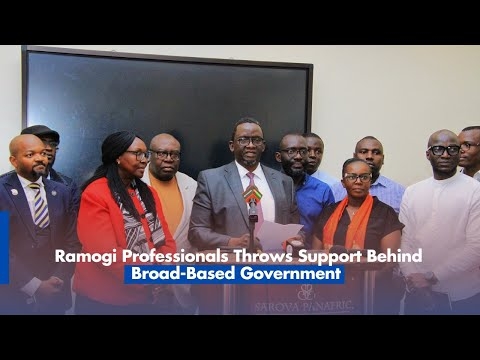

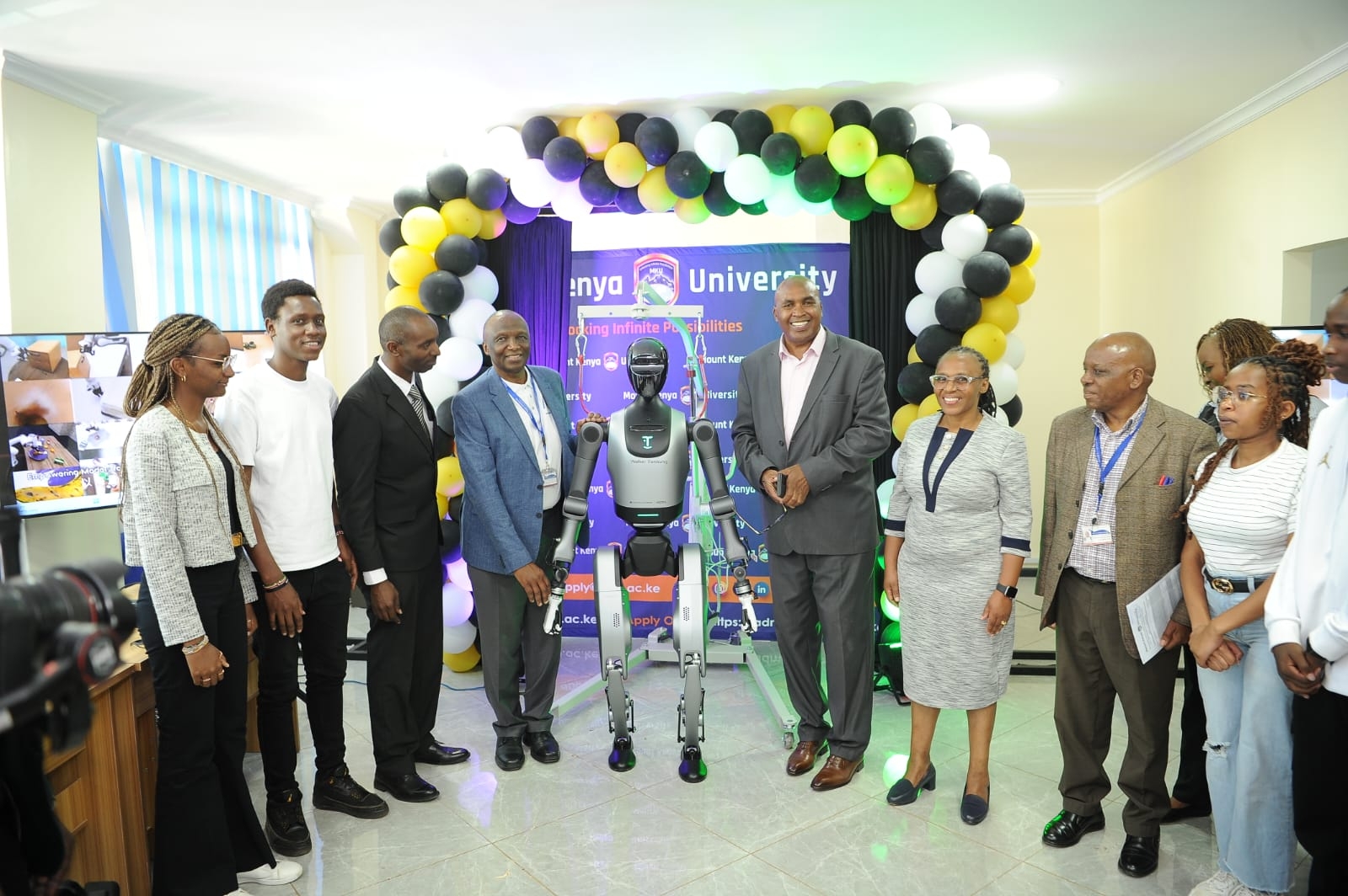

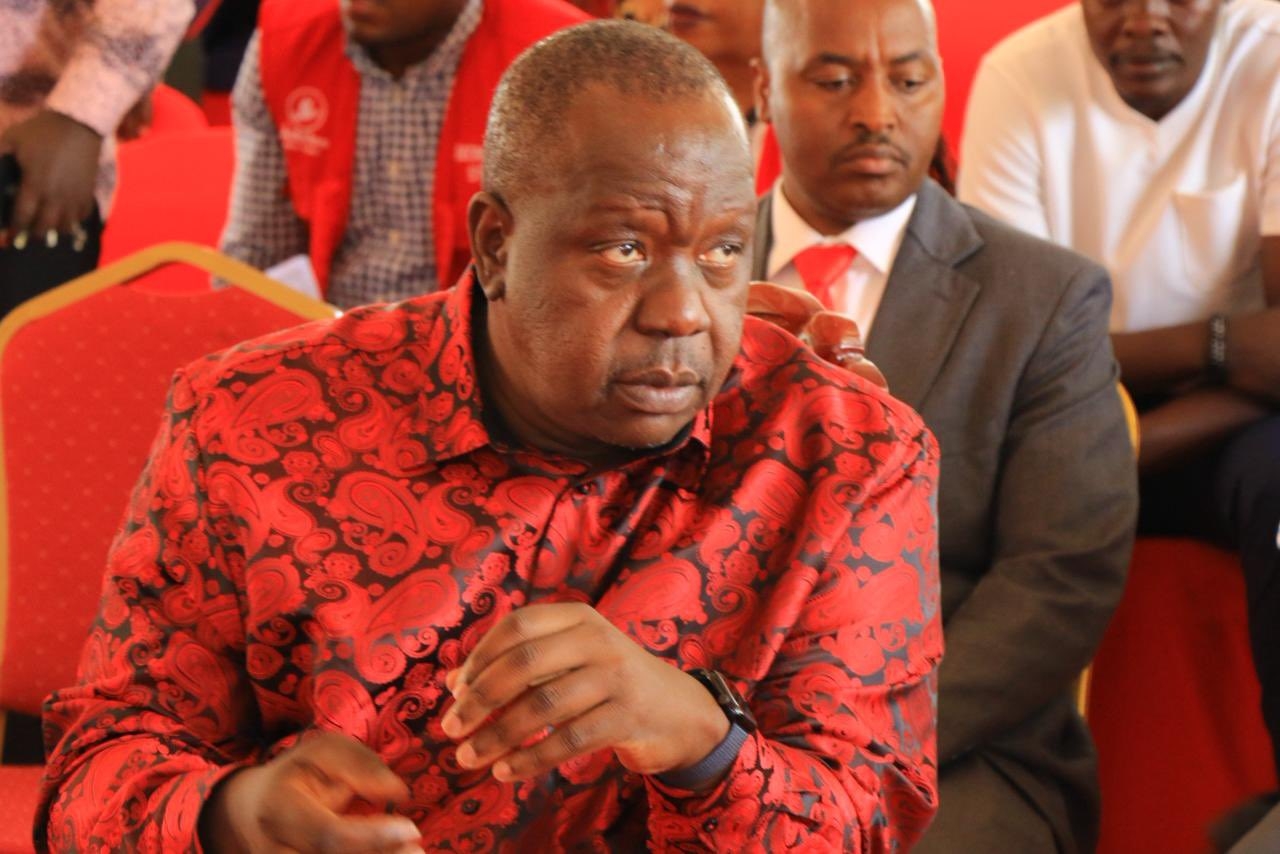
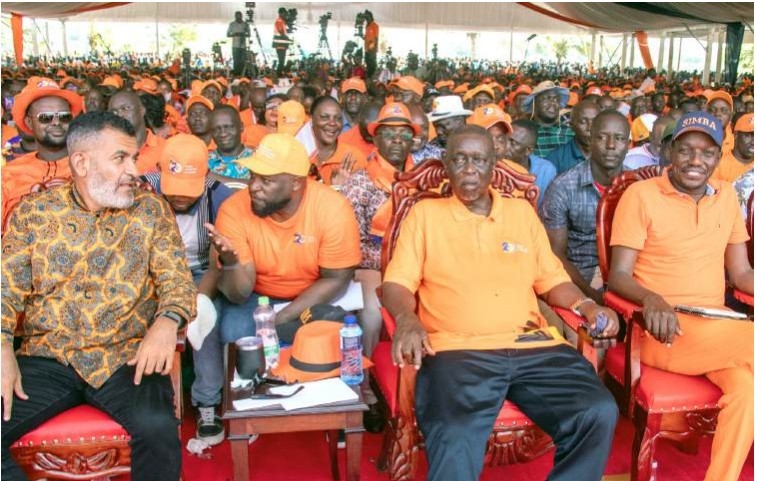
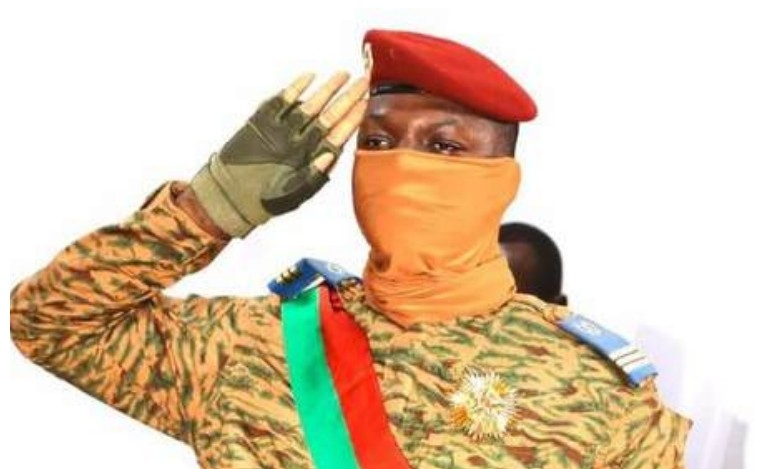
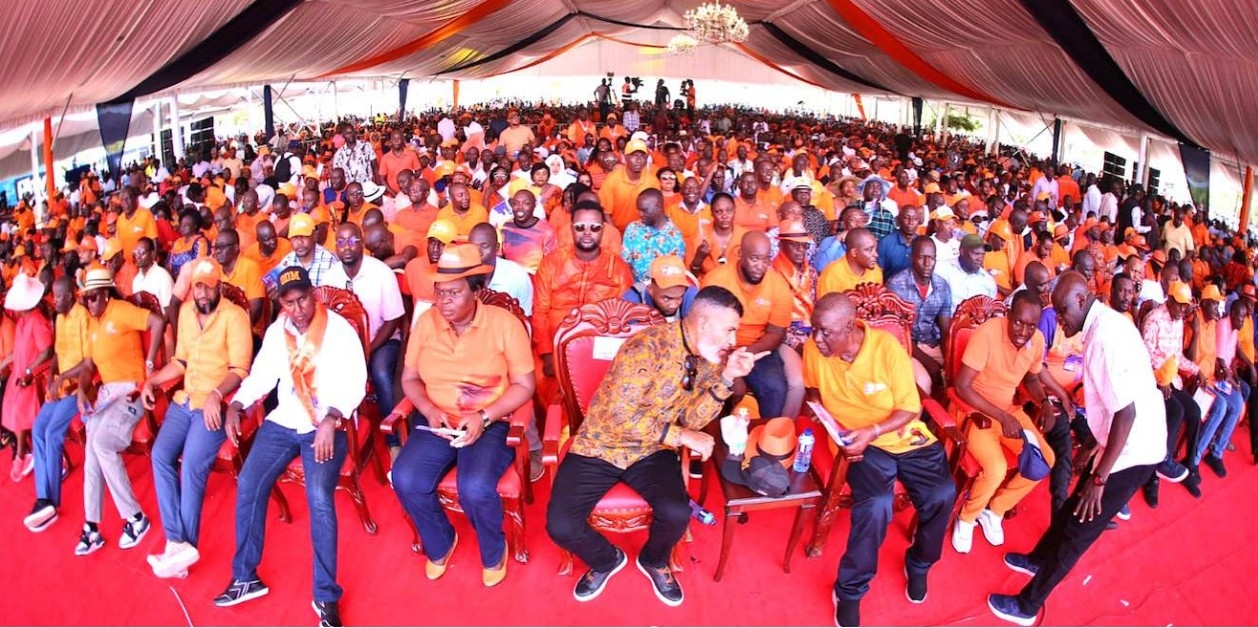
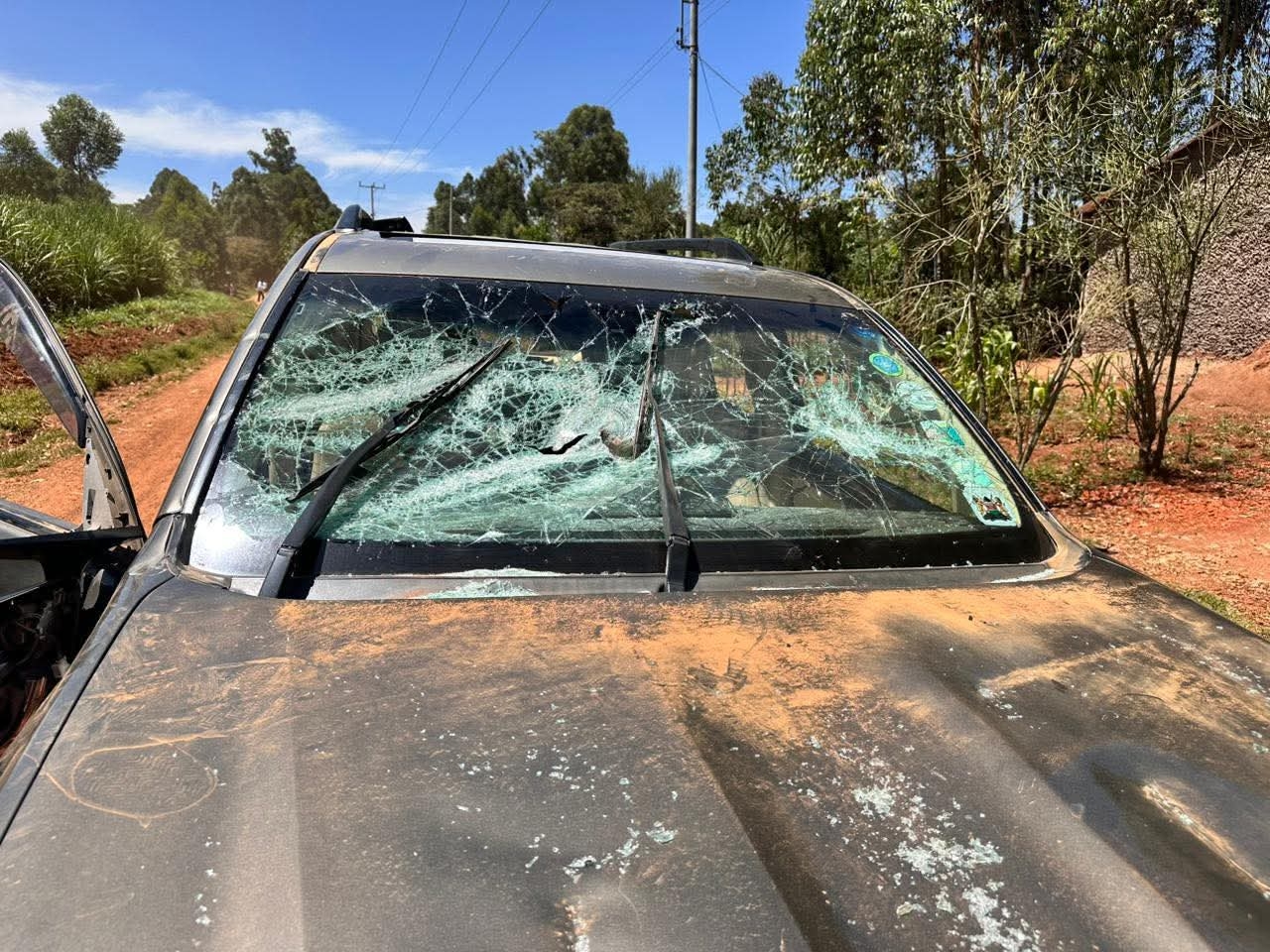
![[PHOTOS] Ole Ntutu’s son weds in stylish red-themed wedding](/_next/image?url=https%3A%2F%2Fcdn.radioafrica.digital%2Fimage%2F2025%2F11%2Ff0a5154e-67fd-4594-9d5d-6196bf96ed79.jpeg&w=3840&q=100)

